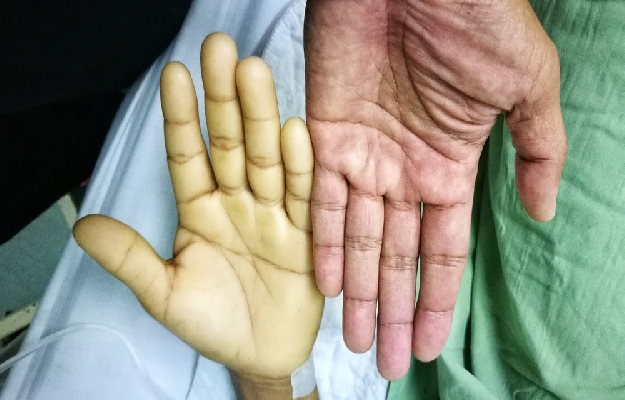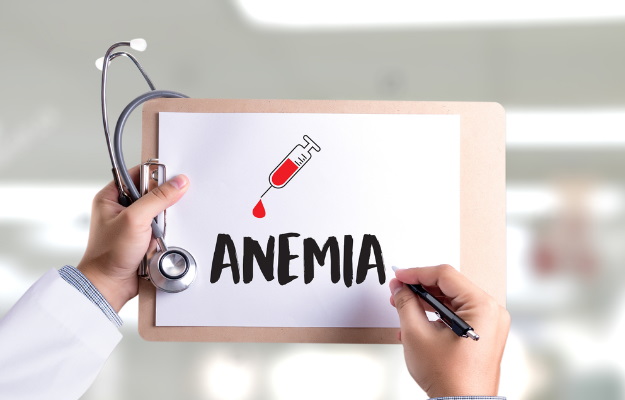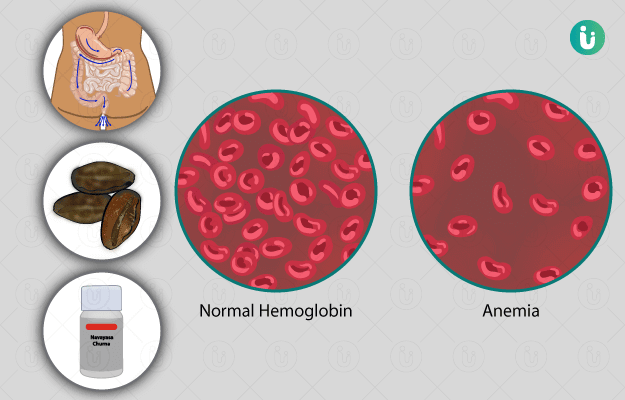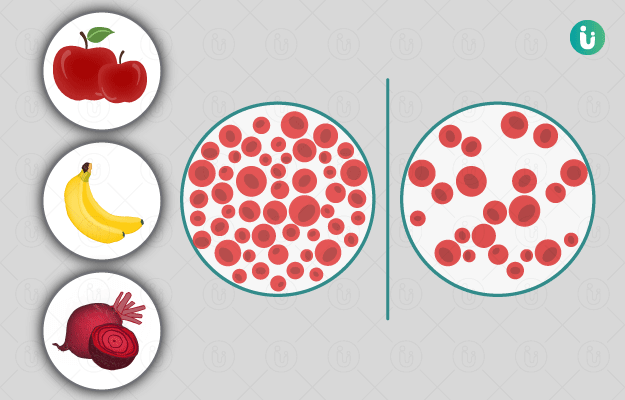Low iron levels may mean that you have iron deficiency anemia. This can happen for a number of reasons, including not consuming enough iron or anemia. Anemia occurs when hemoglobin levels in red blood cells (RBCs) decrease. Hemoglobin works as a protein in RBCs that is responsible for carrying oxygen to the tissues. Iron deficiency anemia is the most common type of anemia. This happens when the body doesn't have enough iron, which the body needs to make hemoglobin. When there is not enough iron in the blood, the rest of the body does not get the necessary amount of oxygen. In women of childbearing age, a common cause of iron deficiency anemia is a lack of iron in the blood due to heavy menstruation or pregnancy. Poor diet, or intestinal diseases that affect the way the body absorbs iron, can also cause iron deficiency anemia.
Read more - (Identifying Those Who Should Take Iron Tablets)















